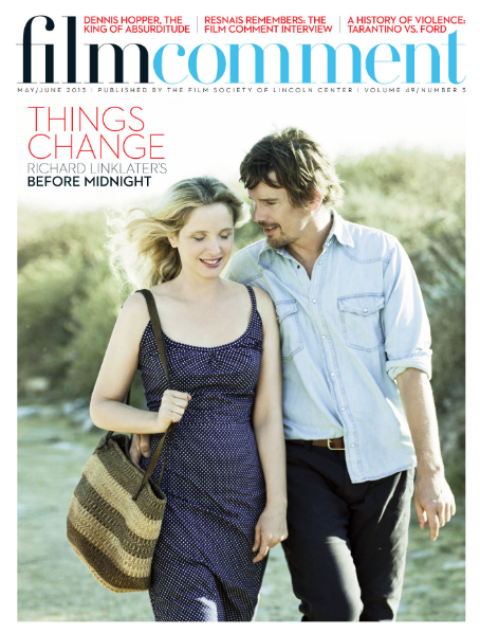
Musty, sticky, hot, and taut with psychopathological tension, Amy Seimetz’s feature-length directorial debut is, to put it mildly, a bad trip. With <em>Sun Don’t Shine, Seimetz—most immediately recognizable for her roles in recent features by Joe Swanberg, Lena Dunham, and Shane Carruth—has chosen to flex her directorial muscles with the road-trip thriller, a genre already tethered to the history of low-budget filmmaking.
Indebted to foundational American independent films such as The Honeymoon Killers and Wanda (another relevant, non-American point of reference might be Bruno Dumont’s Twentynine Palms), Sun Don’t Shine is an unhinged, washed-out noir in which death and madness constantly lurk just out of sight, whether in the broiling trunk of a car, a run-down rest stop, or a mosquito-laden swamp. The film employs the road-trip format to dramatize the seduction of the capitalist mentality by criminal impulses—a tried and true conceit. But Seimetz’s originality lies in how she doubles down on oppressively grubby atmosphere and a plot full of betrayals, freak-outs, and rotting corpses. The result is a nightmare narrative that nevertheless takes a movingly sympathetic view of its renegade protagonists.
There’s little in the way of exposition at the outset: Crystal (the ubiquitous Kate Lyn Sheil) and Leo (Kentucker Audley) are driving somewhere in a state of lust-infused frenzy, despite his initial rejection of her sexual overtures. Views of Nowheresville, Florida, fly by as Leo, stricken by a severe case of guilty paranoia manifested in his overly cautious driving and his domineering attitude toward Crystal, heads for a house rented by a woman he knows, possibly a former lover. Crystal is soon revealed to be a single mother, although her decision to accompany Leo on this enigmatic mission suggests at best dubious parenting priorities. And, of course, there happens to be a loaded handgun in the glove compartment…

Throughout, Crystal and Leo are shown to be deeply unstable and asking for trouble in distinctive ways, but it’s to Seimetz and the actors’ credits that the pair never become neurotic caricatures. Seimetz takes her time playing out the multiple twists whereby her protagonists spiral toward their respective fates, maintaining a strikingly placid mood that is nevertheless almost unbearably foreboding—a marvel of plotting and affect, considering the film’s relatively short running time.
Sun Don’t Shine serves up a stiff cocktail of suspense and dread in a remarkably lean and economical fashion, in large part due to a style that eschews the shallow-focus DSLR look of many similar-minded indie efforts in favor of a sun-kissed 16mm tactility that gives texture to the intrigues and traumatic insinuations of the action. From the steaming Everglades to the tackily lit interiors of a Floridian watering hole, the cohesiveness of the film’s look demonstrates the unity of Seimetz’s vision (itself fairly ambitious, considering the presumably minuscule budget).
At the same time the film showcases some of the best acting seen to date in works that fall, however loosely, under the mumblecore rubric. Audley builds upon a recent streak of understated, complex performances, while Sheil modifies and intensifies the seething angst she flashed in Rick Alverson’s 2012 film The Comedy—she’s more Clyde than Bonnie to Audley’s reluctant everyman-on-the-lam. Indeed, Sun Don’t Shine suggests a contemporary American indie cinema haunted by the ghosts of the New Hollywood just as that movement took its cues from mid-century European art cinema, and it will be fascinating to see how (and whether) filmmakers like Seimetz continue to explore this lineage.








